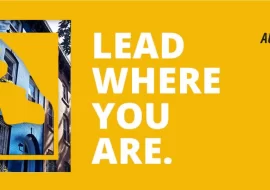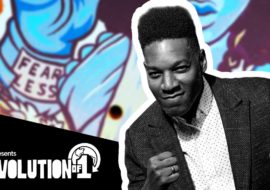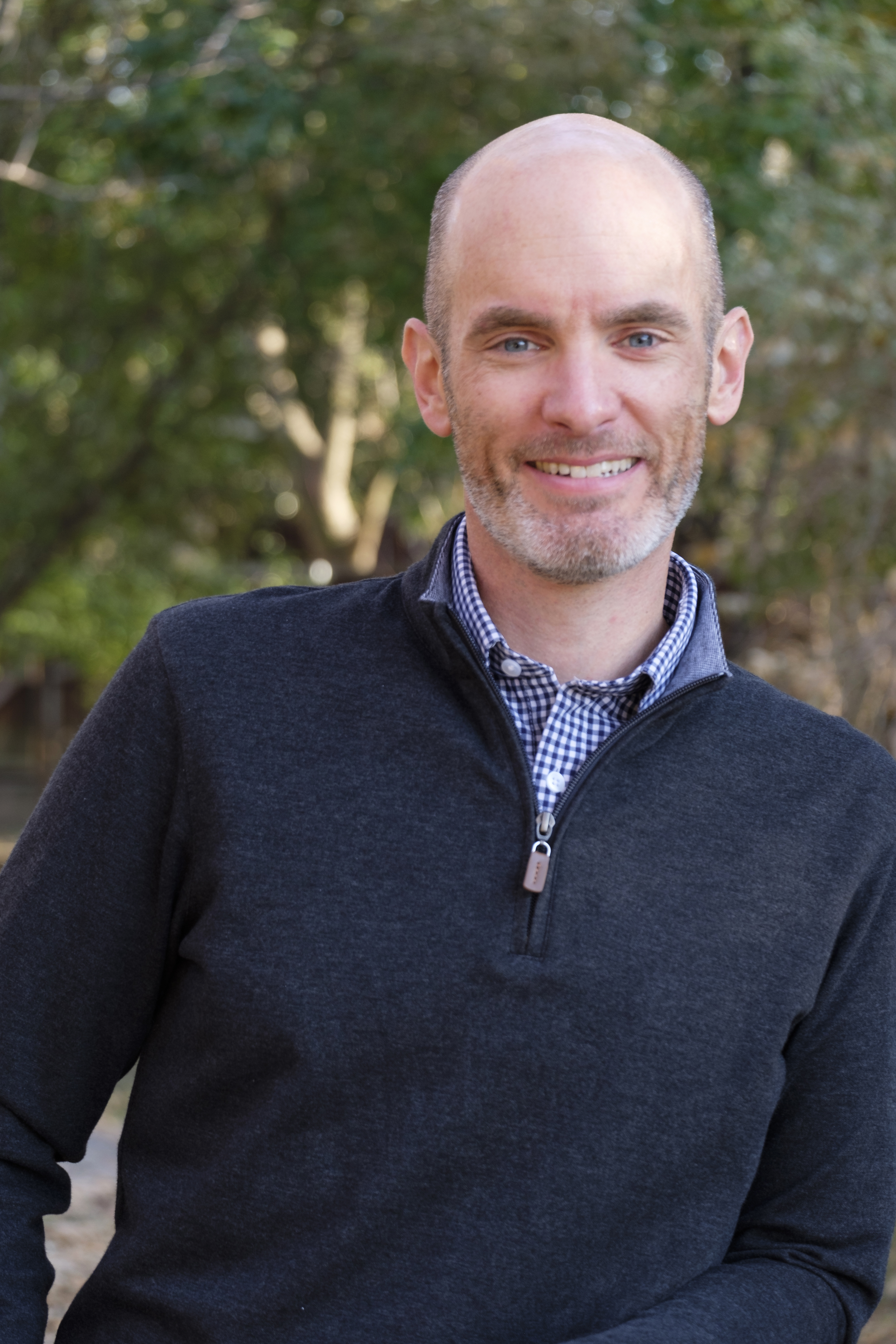
Global Leadership Summit – 2018 – Day 2
Here’s a rundown of the presenters from Day 2 and some of their points that resonated with me:
Rasmus Ankersen: “Treat success with the same skepticism as you treat failure.” Be cautious not to become complacent. Because chances are you are either lucky, or your victories will have a short lifespan. And if you want to improve put yourself in a setting that is designed for development and not comfort.
David Livermore: Cultural Intelligence (CQ) is the capability to work effectively across cultures and it includes four components. #1. CQ Drive: your level of interest and persistence to learn about differences. #2 CQ Knowledge: Understanding cultural similarities and differences. #3 CQ Strategy: The ability to apply knowledge to a plan of engagement (hint: if you teach cultural awareness and not include this step you are only making things worse). #4 CQ Action: an ability to adapt when relating and working in a multicultural context. Why is this important? Diverse teams with high CQ excel at innovation.
Sheila Heen: When difficult conversations go poorly because the topic of contention being discussed often leads us to respond in a way that is more about how we feel we are being treated more than the actual topic. And when that happens you are left with two talkers, two topics, and 0 listeners. How to get the difficult conversation back on track? Ask the following: what is it that we both think this conversation is about? And, what did we each contribute to this situation?
Erwin McManus: “Leadership is not about living within the confines of fear. It’s about facing fear and going through it.” Fear can have mastery over your life. If you are afraid of heights you stay low. Pain is not the boundary that marks your limitations. Pain is the boundary of greatness. If you can learn to walk in pain you can learn to overcome pain and achieve more than you could before.
Dr. Nthabiseng Legoete: This passionate doctor from Africa who is tackling health care reform offered four helpful reminders to keep us on track to achieving our vision. 1. Focus on why you started. Challenges are stepping stones to learning and growing. 2. Collaborate with those who are aligned with your vision. And disassociate from those who are not aligned with your vision. 3. Don’t be surprised with challenges. Challenges are part of a well-purposed vision. And be quick to forgive yourself for mistakes. 4. This is not about you. Don’t get distracted by the noise of both praise and criticism. Stay focused on the vision, and the vision has to be bigger than just one person.
Simon Sinek: We are players in an infinite game that often try to play by finite rules. The infinite game has undetermined rules where the only competitor is ourselves. Finite games have set rules, boundaries, opponents. Attempting a finite game strategy in an infinite game will only result in frustration. What does it take to live the infinite game? The myth of the finite rules tells us that the goals are to get rich, advance professionally, and get more than the others. The infinite game is one where we operate in a service-oriented life that is focused on a bigger vision you are passionate about.
Craig Groeschel: “A great leader is one who anticipates rather than reacts.” How to develop anticipatory leadership. 1. Develop situational awareness by remaining humble and always assessing everything. 2. Discern future threats or opportunities. Embody healthy skepticism by considering what is working now may not work in the future. And lead with bold optimism. Fear is a choice, and so is faith. When you see a problem, train yourself to see opportunity. 3. Disrupt what is with what could be. Ask the following questions: What is the true current state of your organization? If you were starting now what would you do differently? If you are starting over today what would you attempt?
The Global Leadership Summit proved yet again to be a pinnacle moment of the year for me personally, professionally, and spiritually. We all know the problems we face in this world and the truth is we are all imperfect trying to do our part. What I appreciated about this conference is that there was a recurring theme of learning from our mistakes and failure. Leaders change the world. No matter your role in your company, community, or your home, you have influence and can make a difference. That’s a reality we all need to embrace, and hopefully, these are some valuable lessons that help us be better as leaders.




